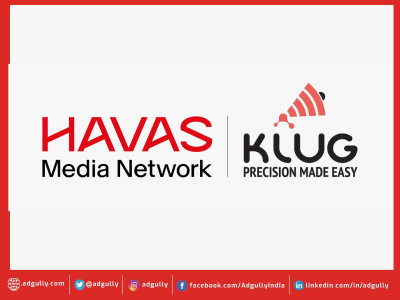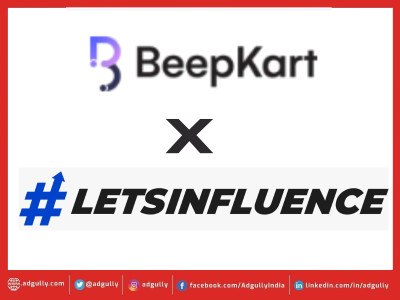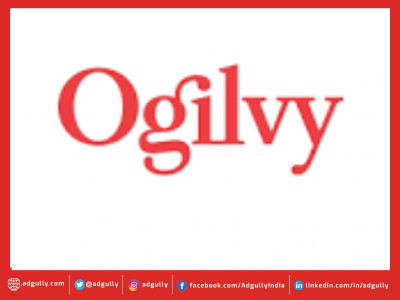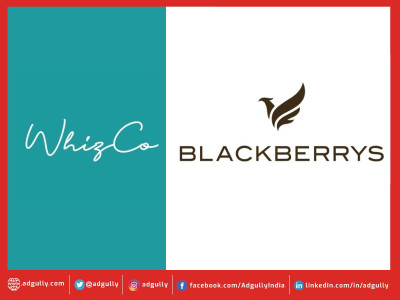Influencer Marketing, a Subset of ORM
Authred by,Charu Mishra, Associate Director, Influencer Marketing, #ARM Worldwide
In today's marketing landscape, where social media reigns supreme for brands, it's common to see influencers endorsing products through reviews, storytelling, or various content formats tailored to the campaign. Due to its rising popularity, Influencer Marketing has become an important subset of Online Reputation Management (ORM) - an important method for moulding public perceptions of brands in the online sphere. However, isn't this all part of strategically managing a brand's social media reputation by leveraging influencers to effectively communicate, promote, and engage with the audience?
The reason for this evolving media trend is to cultivate a favourable brand image and mitigate negative sentiments. As Influencers continue to play a crucial role in streamlining a brand's messaging and encouraging audience connection and interaction, they end up fostering a positive social media atmosphere conducive to building a strong online reputation which is the core objective of an ORM strategy.
Influencer Marketing: Authentic Engagement on ORM Platforms
Today, influencer marketing extends beyond social media posts and offers an opportunity for the brand to connect with its audience to build a rapport and engage with them organically in a safe set-up. It is a crucial marketing exercise for the brand nowadays as this helps the audience to understand the product/service better benefitting the online reputation. The influencer, on the other hand, not only engages in regular ORM practices but also communicates with their audience through channels like webinars, podcasts, blogs and websites to build brand authority and evoke trust.
To effectively engage with an influencer’s audience, it is important to be authentic and transparent. This means being genuine in the interactions and avoiding promotional language. Some effective ways influencers can carry out this engagement as a part of ORM strategies are:
- Interactive Q&A Sessions: Host live Q&A sessions where both influencers and brand representatives answer audience questions in real-time. This can build direct interaction.
- Educational Webinars: Collaborate with influencers to conduct webinars on topics relevant to the audience’s interests. Offer valuable insights and tips related to the brand’s niche, establishing authority and credibility
- Podcast Interview: Conduct interviews with influencers on brand-related podcasts. Discuss industry trends and success stories which listeners would be interested in, showing the influencer’s expertise.
Each online interaction leaves a trail, influencing the trustworthiness of brands and ultimately affecting their success or failure. Staying updated on the dynamic digital landscape, understanding audience preferences and expectations, and engaging with them regularly according to one's strengths and expertise work in the brand’s favour for building brand reputation and delivering value propositions.
Benefits of Integrating Influencer Marketing into ORM Strategies:
The challenge that brands face is to capture the attention of their target consumers amidst the vast amount of online content being produced. The constant flux of social media posts, advertisements and emails can be overwhelming and difficult for organisations to connect with their customers. This is where Influencer Marketing stands out and can help companies hone in on their viewer base.
Increasing brand visibility and spreading awareness are some of the benefits of integrating influencer marketing into content distribution strategies. Partnering with an influencer who has a substantial following on social media channels can boost the brand’s advocacy and tap into new audiences to spread awareness among potential customers. This can also perfectly fit into targeting niche audiences in which the influencer has expertise and can share similar interests and characteristics of the brand.
Influencer Marketing can also contribute to enhanced website traffic and sales, as consumers are more inclined to explore the brand's web pages and delve deeper into its offerings. Partnering with influencers can further bolster the brand's authority, as their dedicated audience is naturally drawn to the content, creating stronger connections. According to a report by Smart Insights, 51% of marketers affirm that influencer marketing facilitates positive brand sentiments and superior customer acquisition. These advantages help businesses generate successful ROIs for their marketing campaigns.
A Glimpse Beyond
The future of influencer marketing as a subset of Online Reputation Management (ORM) appears promising and indispensable in shaping brands' digital presence and public perception. As influencer marketing continues to evolve, it is increasingly recognized as a vital component in fostering authentic engagement and amplifying brand advocacy across various online platforms by actively engaging with influencers' audiences.
As businesses navigate the ever-changing digital landscape, staying attentive to audience preferences and collaborating with influencers effectively will be essential for building and maintaining a positive brand reputation through effective ORM strategies, in the years to come.
DISCLAIMER: The views expressed are solely of the author and Adgully.com does not necessarily subscribe to it.

















Share
Facebook
YouTube
Tweet
Twitter
LinkedIn